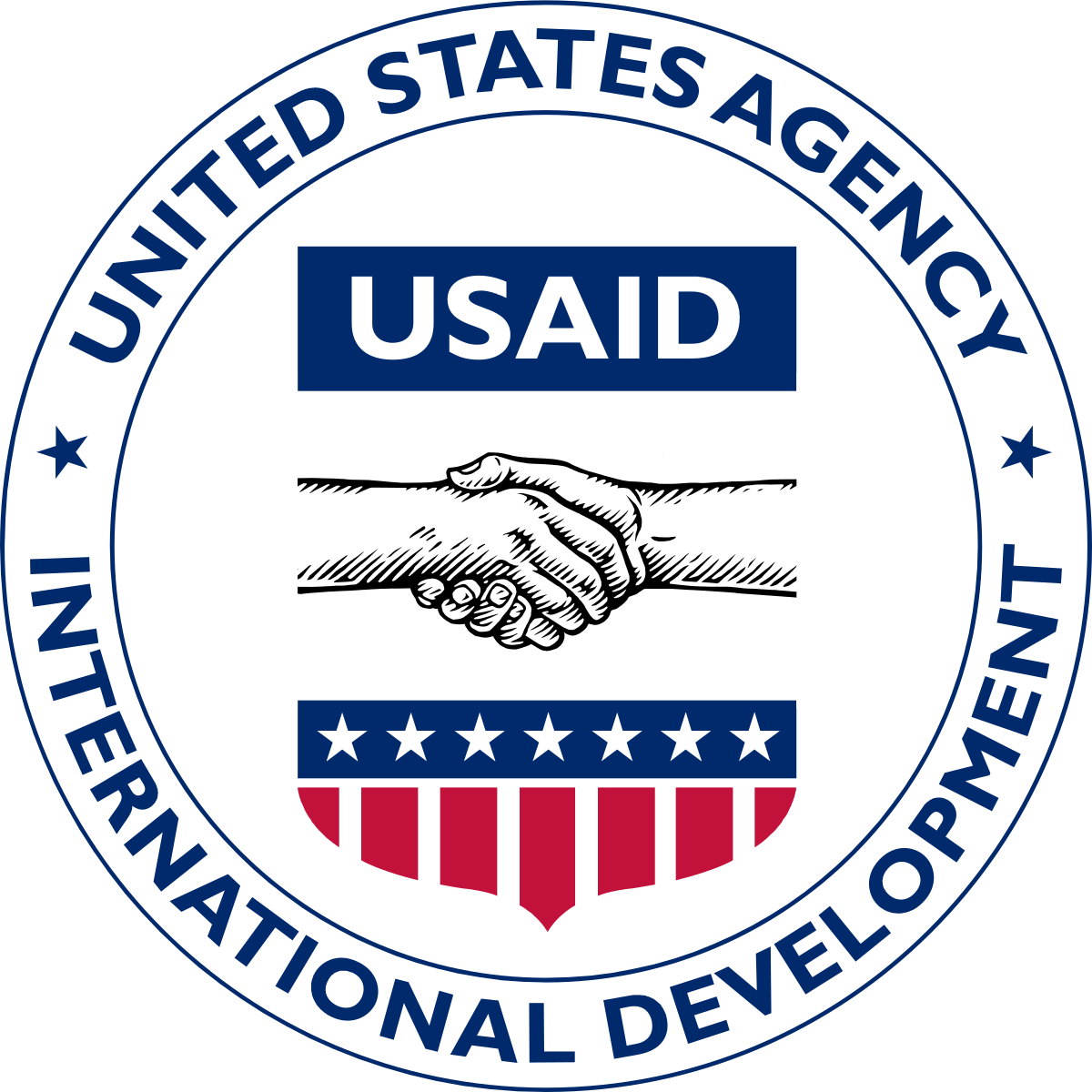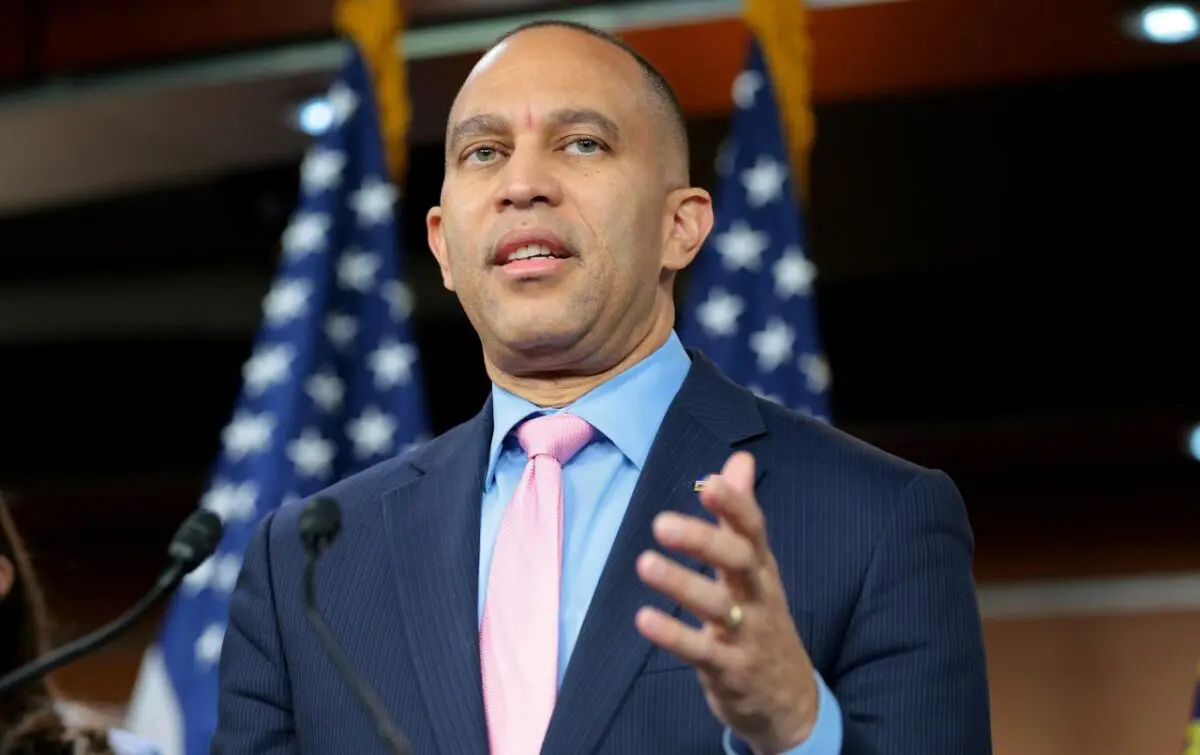The recent controversy at USAID has sent shockwaves through both political and humanitarian circles. A leaked memo highlighting the connections between the Trump administration and billionaire Elon Musk has exposed the potential fallout from administrative changes. This case raises significant ethical questions regarding the treatment of global humanitarian efforts. The tension between maintaining funding for vital programs and the influence of powerful individuals brings into question how far agendas can stray from the mission of serving the global poor.
The memo is said to have dominated discussions among USAID officials, who feel the pressure to communicate the dramatic disruptions to humanitarian assistance caused by recent government policies. The alarming implications of these disruptions, particularly with respect to aid for food and medical supplies, have raised concerns that those most at risk may suffer the consequences of political power plays.
Understanding USAID’s Role and the Current Crisis

What is USAID?
The United States Agency for International Development, or USAID, plays a vital role in delivering foreign aid and humanitarian assistance worldwide. With programs that address food security, maternal and child health, education, and environmental concerns, USAID’s mission aligns closely with the goals of numerous global partnerships. However, the effectiveness of these initiatives is now under scrutiny due to the recent shift in the administration’s stance.
The Trump administration has introduced changes that directly impact funding streams and their applications. While the intent may be to streamline efforts, the actual repercussions may lead to detrimental outcomes for the very populations the agency seeks to support.
The Leaked Memo: Implications for Humanitarian Aid
The leaked memo recently revealed by major news outlets discusses directives aimed at USAID employees. It explicitly warns against disseminating information about significant disruptions in humanitarian aid, contributing to an atmosphere of fear among staff. This move seems counterproductive considering that transparency is essential for the agency’s credibility and effectiveness.
As detailed in reports, some employees were instructed that any communication with the press regarding these issues could result in severe penalties, potentially including job termination. Such strict measures create a culture where honesty and transparency are seen as threats rather than virtues.
The Impact of Trump-Musk Policies on USAID

Disruption of Services
Recent changes made under the Trump administration include adjustments to the funding mechanism that have created chaos within the agency. Various humanitarian programs that rely heavily on federal funding now find themselves at risk. Officials are concerned that approximately $500 million intended for food assistance may be wasted if the agency cannot resume its usual operations effectively.
More alarming is the possibility that these disruptions will disproportionately affect the most vulnerable communities worldwide. Many people depend on USAID for the basics of life, including food, water, and medical services. As funding is stalled, it creates dire circumstances, potentially leading to increased suffering.
The Political Games at Play
Behind all this, there are pressing political dynamics at work. Influential figures like Elon Musk suggest that there is a profound disdain for traditional government processes. His advocacy for the Department of Government Efficiency implies a desire to fundamentally restructure how aid is given, though critics argue that such changes could eviscerate essential components of oversight.
With powerful leaders like Musk backing these changes, it raises questions about who will ultimately benefit. The fear is that while efficiencies may be sought, the human cost could be devastating. Such controversies shine a spotlight on the need for accountability within USAID and broader implications for international aid.
Responses to the Controversy

Public Outcry and Activism
In light of the disturbing revelations regarding the memo and subsequent policies affecting USAID, public response has been swift and fierce. Activists and humanitarian organizations have rallied together to call attention to the injustice of reducing aid during a time when so many are in need. This rising tide of activism reflects broader concerns regarding the ethical implications of governance.
Numerous protests have emerged, demanding a more humane approach to international aid and a reevaluation of how agencies like USAID are managed. The public dissent underscores the belief that aid should not be subject to the whims of political power players.
Efforts from Within USAID
Interestingly, some employees within USAID have spoken out against the directives imposed through the leaked memo. They have organized themselves to push back against restrictions on communication, asserting their commitment to transparency and the core mission of the agency. Their efforts are noteworthy, as they demonstrate that not all within the organization support the current regime.
This internal struggle represents a critical moment for USAID, as those pushing for reform look to bring back focus on effectiveness and humanitarian impact, rather than merely cyclical political gains.
The Future of USAID and Global Aid

Long-Term Consequences
The implications of this controversy extend beyond immediate funding issues. If patterns of silencing agency employees persist, the integrity of USAID may continue to erode. The trust that communities place in these programs can be compromised, isolating them from the very support they require during crisis moments.
Politically motivated changes in aid can create a culture of fear among staff, inhibiting crucial innovative strategies that organizations can leverage to tackle pressing global issues. Disruptions to USAID’s mission not only undermine existing programs but also hinder future efforts.
Potential for Reform
Despite the challenges faced, there remains hope for reform within USAID. Grassroots movements advocating for a humanitarian-centered approach are gaining momentum, propelled by the latest developments in the Trump-Musk saga. Enhancing transparency, supporting staff independence, and ensuring ethical governance could guide USAID back on track to fulfill its original mission.
Ultimately, shedding light on the practices that threaten aid integrity must be prioritized. As the public continues to engage in this debate, it adds pressure on the administration to reconsider how it treats both its employees and the people they serve.
Source: newrepublic.com
Hi, I’m Sarah, a 30-year-old journalist with a passion for storytelling and uncovering the truth. I strive to bring important issues to light and connect with my audience through compelling narratives.



